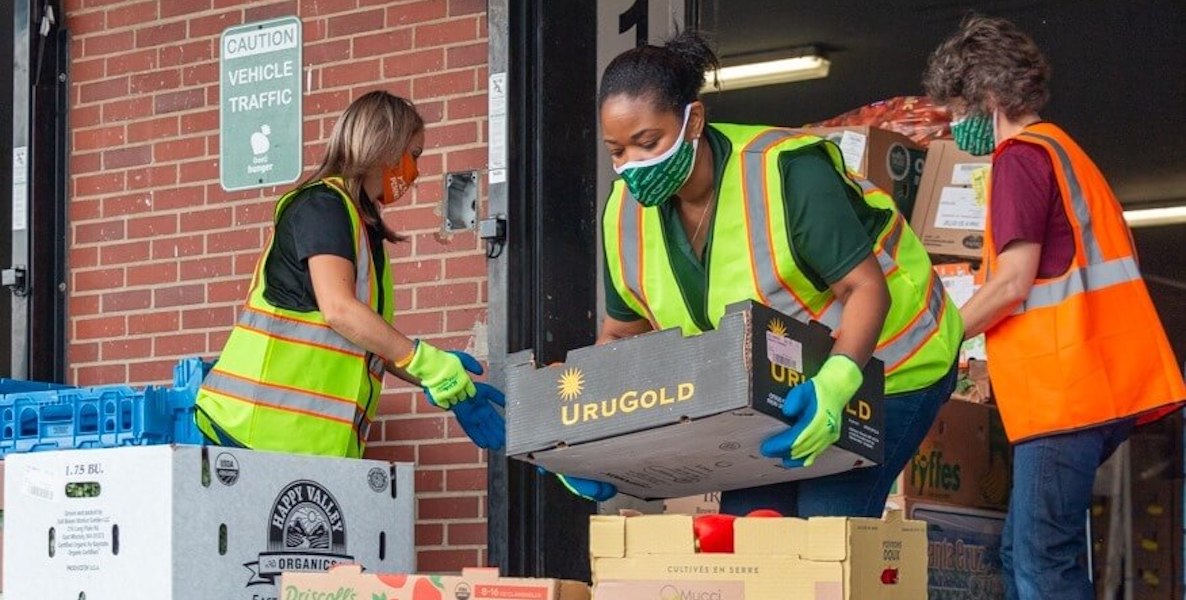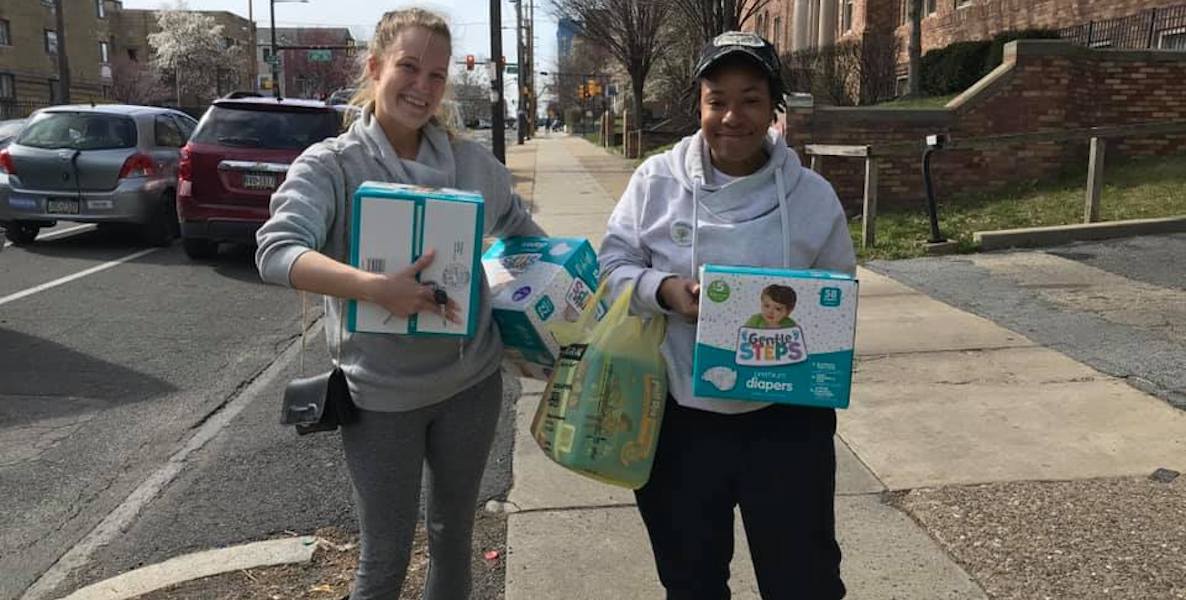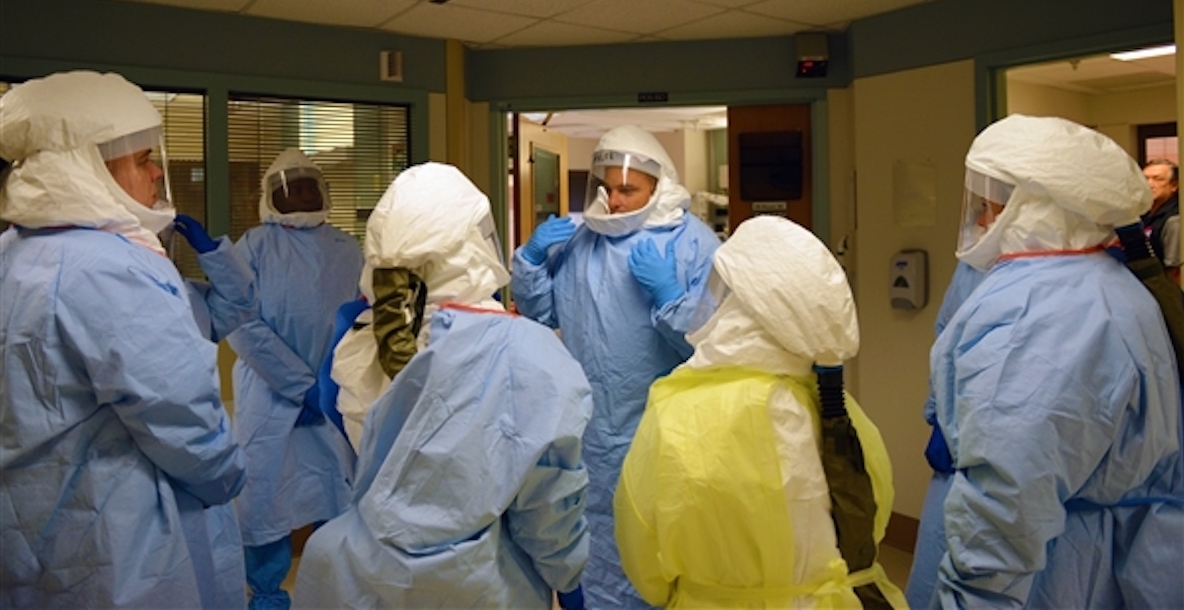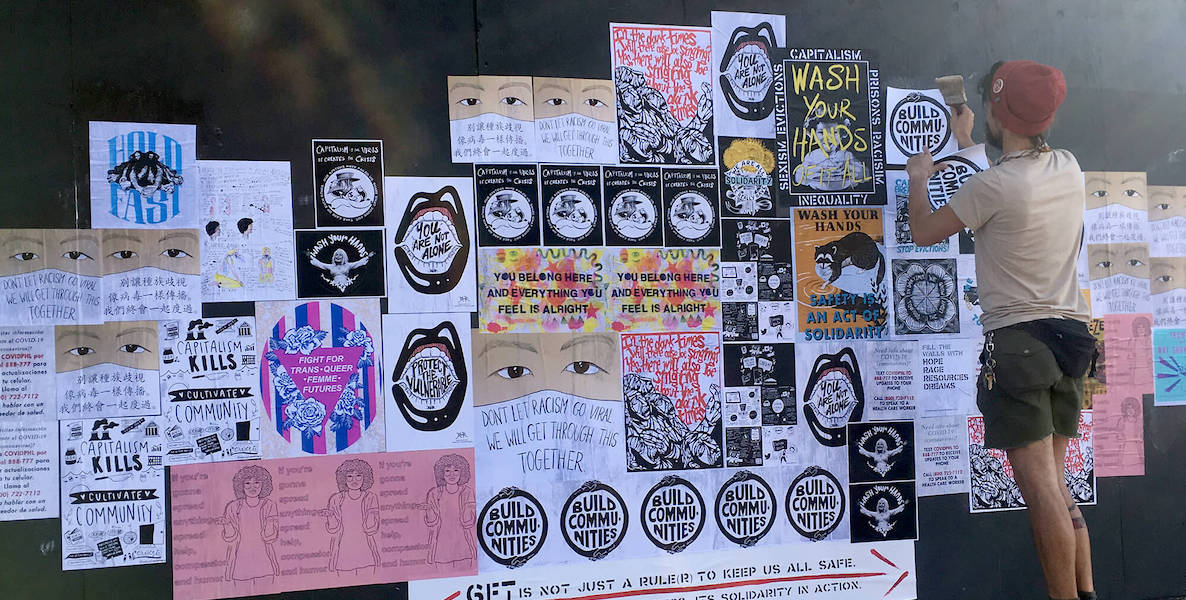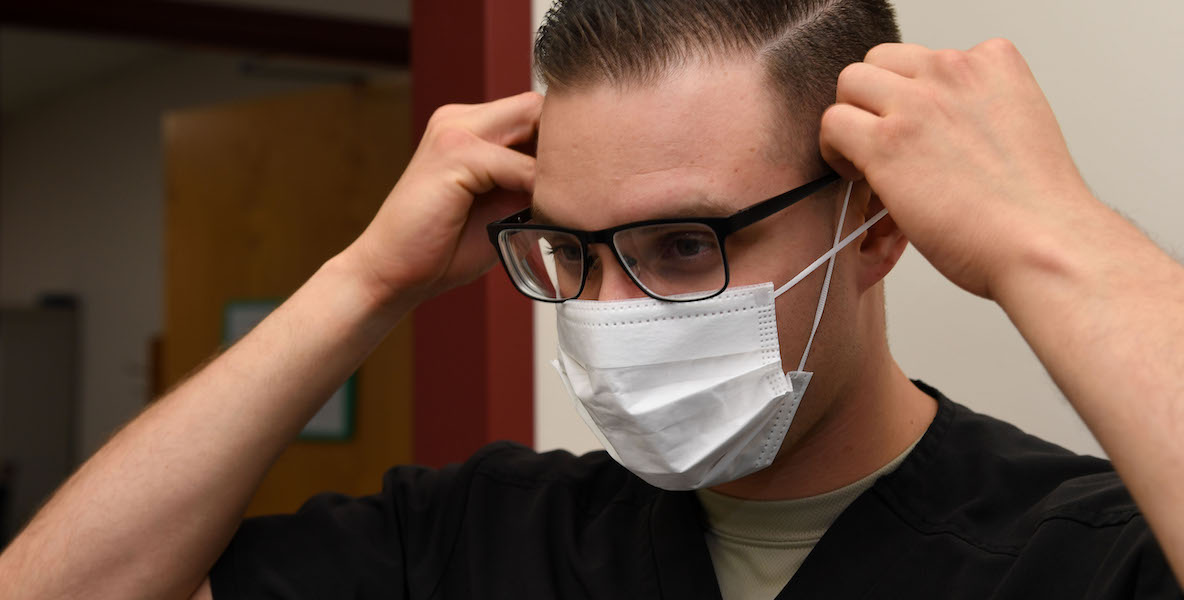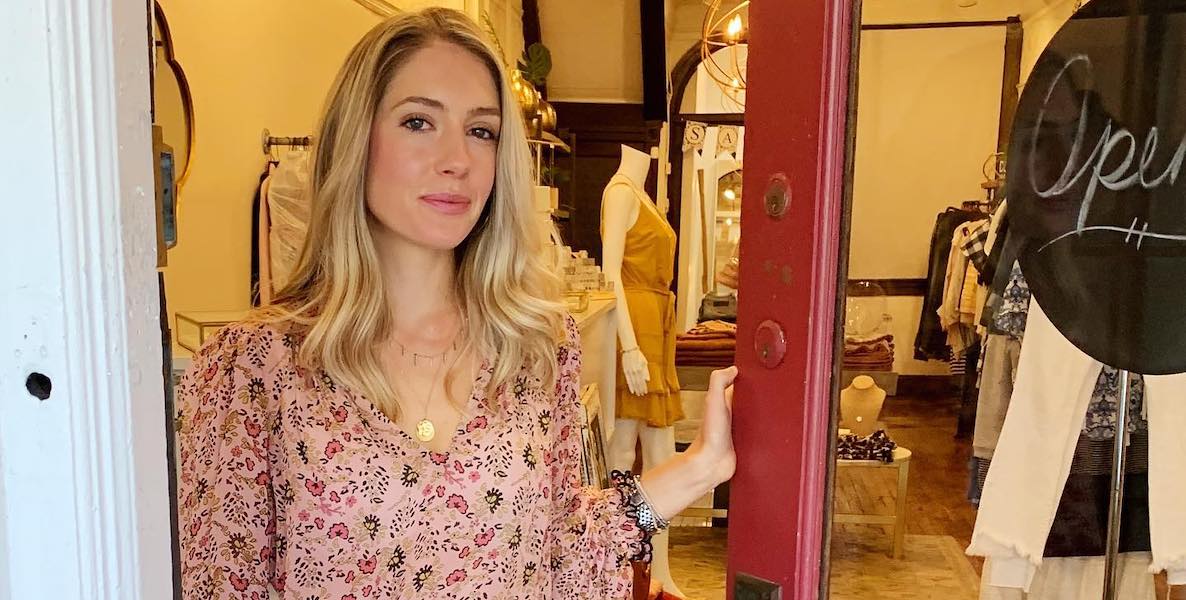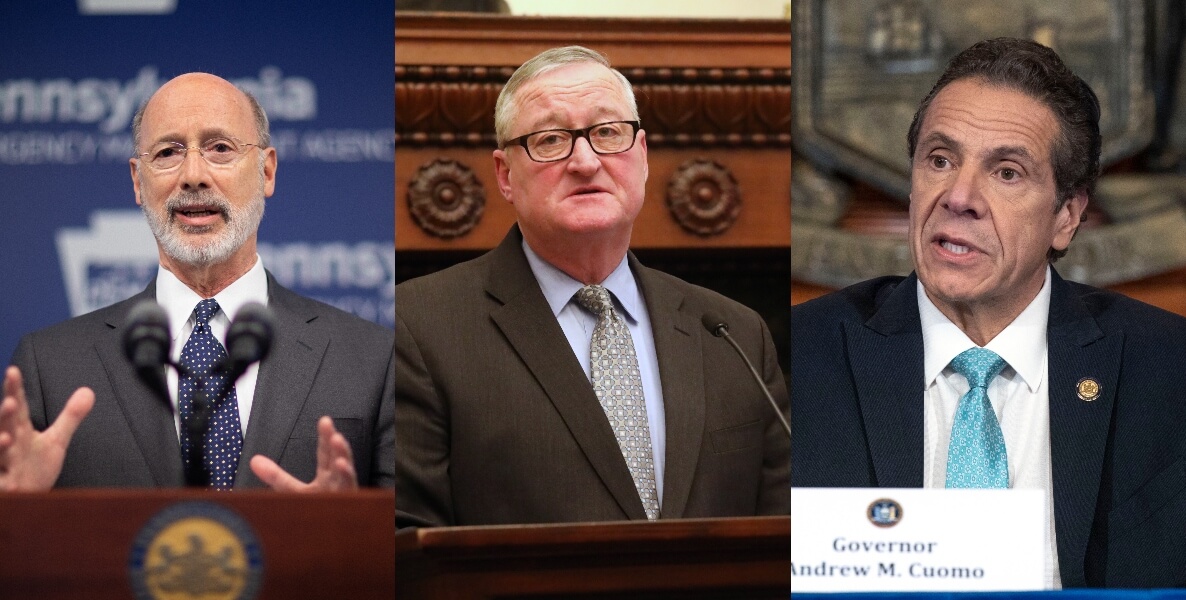What an extraordinary and terrifying moment for us all. The remorseless expansion of Covid-19 across the U.S. and abroad—India and Russia have shut down—has made the daily routines of hundreds of millions virtually unrecognizable. We are victims of one of the most dreadful and far-reaching disasters of our lifetimes.
Take actionDo Something
We of course still hunger for leadership from the top (would our wartime president please ramp up ventilators and coordinate clampdowns, for heaven’s sake) but we also want leadership from throughout our ranks. Don’t we all bear a personal duty to step forward now, to make a difference when we can make a difference, however modest our scope for doing so?
Of course, and here’s why: We know from ample research that leadership makes the greatest difference when the world around us is uncertain, when we are unsure about what lies ahead. We also know that the impact will be greatest when it comes not only from the apex but also from the middle ranks and front lines. Not just from public officials and chief executives, but also from those who help run restaurants, service hospitals, and direct schools or just about anything.
Think, Communicate and Decide
For exercising our own leadership, let’s start with reviewing what’s most essential. At the top of my checklist from teaching and researching the subject are thinking strategically, communicating persuasively, and acting decisively.
As a case in point on thinking strategically: When Vanguard Group faced the economy’s near total meltdown after the failure of Lehman in 2008, its chief executive slashed salaries but laid nobody off. He theorized that when the equity market eventually came back—and it did, of course—he would need all his people to service the returning clients. Vanguard is now one of the largest investment companies on earth, with $6.2 trillion in assets under management. (In 2005, before the financial crisis, that number was less than $1 trillion.)
Most of us are not fully or formally in charge of a whole lot, but if we can make a difference, now is the time to step forward to do so, and to do so close to home.
Communicating persuasively: We interviewed 14 corporate CEOs in 2009 on what they were doing to weather the financial crisis, and they all said: Connect with others. “If in doubt,” reported the CEO of aerospace company Northrop Grumman, “communicate.” Explained the top executive of Travelers insurance: “transparency in troubled times really matters!”
Tell us how you're stepping upDO EVEN MORE
“If in doubt, communicate.”
Acting decisively: The owner of three crowded pizza stores in Johnson City, Tennessee, shut them down in mid-March, not because they were empty but because they were jammed. Patrons were not distancing themselves, so for their own sake, the owner sent them packing. And he did the same for his workers. “[If] I’m uncomfortable in my own spaces, how can I ask my employees to come in?”
Less than a day later, a nearby restaurant shuttered itself for the same reason, with special thanks to the first mover. “As hard as it is,” said the second owner, “it is beyond the right thing to do.” He credited the first owner as a kind of catalyst or force multiplier, making his own decision that much easier, as The New York Times reported.
Don’t we all bear a personal duty to step forward now, to make a difference when we can make a difference, however modest our scope for doing so?
Then there’s the question of where to act. The closer to home, the research confirms, the better, since that’s the place that we have the most immediate, best informed, and greatest impact. Intensive-care nurses can strengthen patient safety on their floors; grocery stockers can ensure safe produce is on their shelves; auto companies can assemble life-saving respirators in their plants.
Another corollary is to act even when others around us are not doing so at first, About citizens taking on Covid-19Read More
Hundreds of volunteers, including survivors of the Andes air crash of 1972 (featured in the book and film, Alive), streamed into Chile’s northern desert in 2010 to help rescue 33 miners trapped a half-mile down. And some of the latter in turn travelled to northern Thailand in 2018 to help retrieve a soccer team from a remote, water-filled cave.
A Personal Checklist
Here’s a personal checklist for exercising your own leadership, whatever your rank or role in life, when we all need it:
- I can help prevent the spread of the coronavirus in my own neighborhood or workplace if I act now. Check.
- Here, as I see it, is a short list of my actions that will likely help most. Check.
- Let’s make sure that nothing on my list can worsen the health or safety of those around me. Check.
- I will take at least one of those actions today. Double check.
Most of us are not fully or formally in charge of a whole lot, but if we can make a difference, now is the time to step forward to do so, and to do so close to home. In good times, we can rely more on our boss or others to get things done, but that’s no longer enough.
It is our own leadership moment too. We are all in charge.
Michael Useem is faculty director of the Leadership Center and McNulty Leadership Program at the Wharton School of the University of Pennsylvania, and author of books on leadership during crisis. This piece republished with permission from Knowledge@Wharton, the online research and business analysis journal of the Wharton School of the University of Pennsylvania.
header photo: Pixabay

